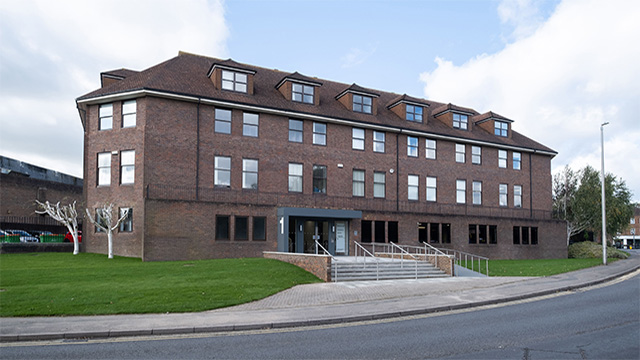Urban Exposure confirms break-up sales and delisting
Urban Exposure, an AIM-listed property financier, has confirmed plans to delist and break up its business.
The company will sell its loans business, Urban Exposure Lendco, to Pollen Street Capital-owned Honeycomb Holdings for £113.8m, and its asset management unit, Urban Exposure Amco, to its founders for £1.6m. The asset management business will continue to provide services to the loans business after the two are separated.
Once those deals are done, the listed entity will be delisted from AIM, renamed Residential Property Finance Realisation and placed into a voluntary liquidation under which shareholders are expected to receive 72p per share plus a final dividend of roughly a penny.
Urban Exposure, an AIM-listed property financier, has confirmed plans to delist and break up its business.
The company will sell its loans business, Urban Exposure Lendco, to Pollen Street Capital-owned Honeycomb Holdings for £113.8m, and its asset management unit, Urban Exposure Amco, to its founders for £1.6m. The asset management business will continue to provide services to the loans business after the two are separated.
Once those deals are done, the listed entity will be delisted from AIM, renamed Residential Property Finance Realisation and placed into a voluntary liquidation under which shareholders are expected to receive 72p per share plus a final dividend of roughly a penny.
The various deals are contingent on shareholder approval. A general meeting is set for 30 March.
Urban Exposure’s announcement comes after pressure from activist shareholder Robert Tchenguiz.
The company was set up and listed in May 2018. Since then it has lent more than £1bn to developers through its own balance sheet and co-funding arrangements with institutions including KKR and UBS.
However, in its announcement of the break-up, the company said its investment in staff over the years had held back profit, while the unpredictability of loan closing timescales had made it difficult to anticipate deal flow and financial performance.
“The board believes that these factors, together with the company’s increased cost base, resulted in an underperformance compared with expectations set at the time of admission,” the company said. “These challenges have been further exacerbated by a volatile political climate in the UK, with sector-specific uncertainty arising both from Brexit and the run-up to the UK general election in December 2019, and negative sentiment towards small-cap investment due to market events.”
To send feedback, e-mail tim.burke@egi.co.uk or tweet @_tim_burke or @estatesgazette











